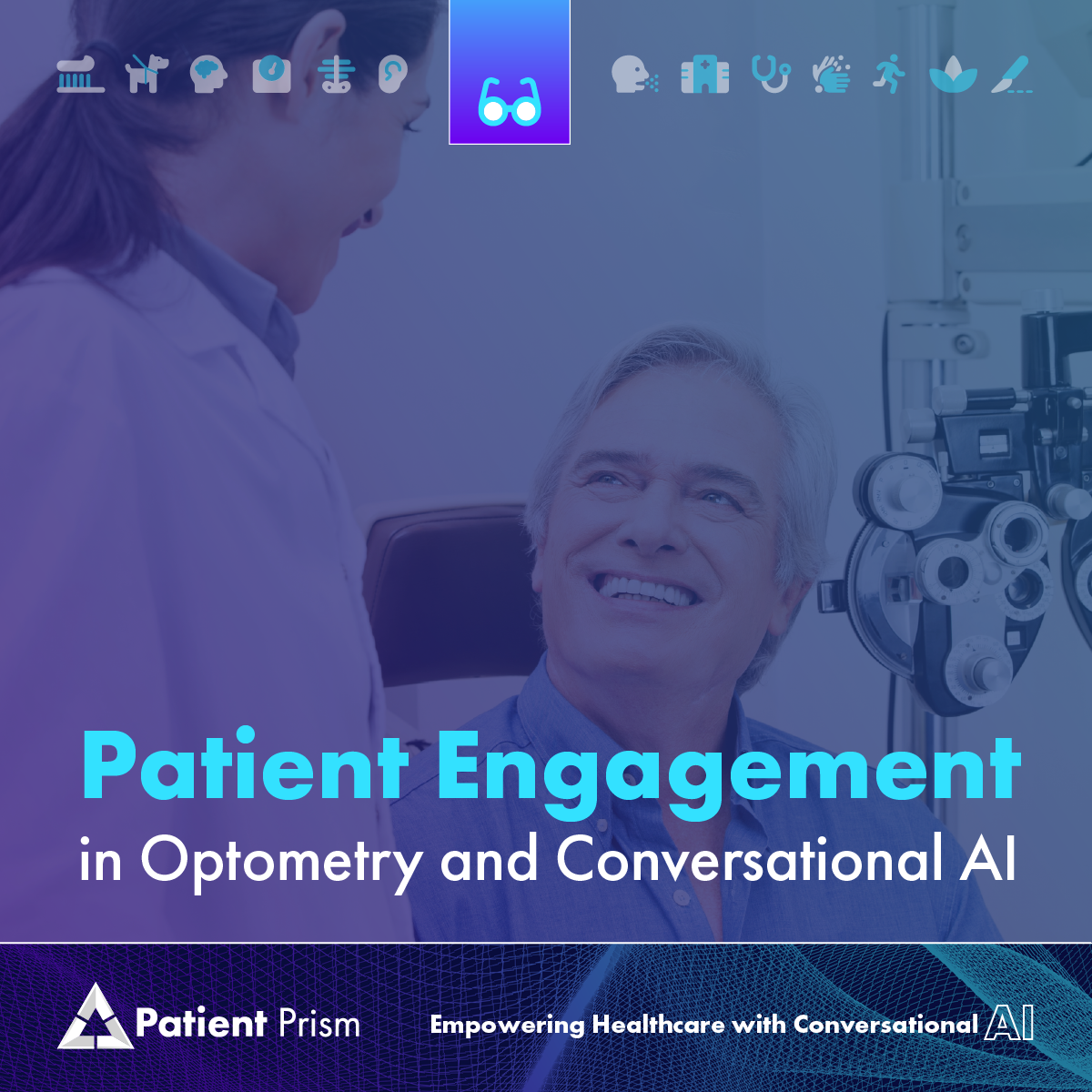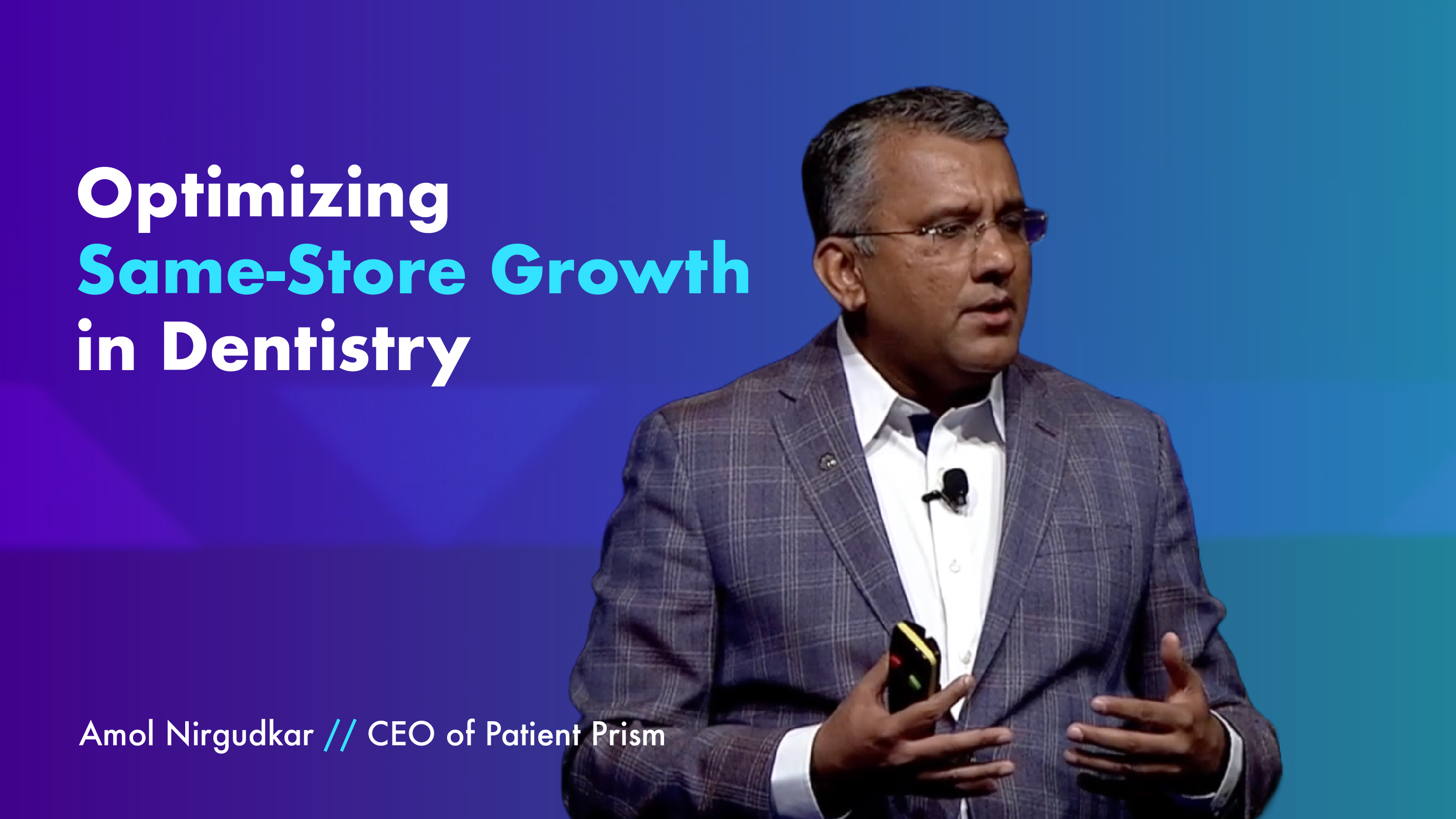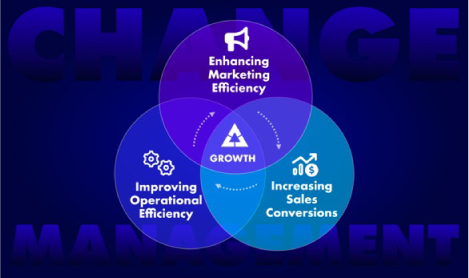Patient engagement is a cornerstone of effective optometry practice. The IBISWorld report highlights the increasing importance of patient-centric care. Conversational AI presents a unique opportunity to enhance patient engagement and satisfaction.
Patient Engagement Challenges
Engaging patients effectively can be challenging, especially with limited staff and resources. Ensuring patients are informed, supported, and involved in their care requires consistent and personalized communication.
Some common challenges include:
- Limited Staff: With busy schedules, optometry staff often struggle to provide the level of personalized attention each patient needs.
- Resource Constraints: Small practices may lack the resources to maintain continuous patient engagement and education.
- Communication Barriers: Ensuring that patients understand their treatment plans and the importance of follow-up care can be difficult.
Conversational AI Applications
Conversational AI can improve patient engagement through several key applications:
Personalized Communication
AI can deliver tailored messages based on patient history and preferences. This makes interactions more relevant and engaging. For example:
- Appointment Reminders: Sending personalized reminders about upcoming appointments and instructions for the visit.
- Follow-Up Messages: Checking in with patients after their appointments to see how they are doing and remind them of next steps in their care.
Education and Information
Virtual assistants can provide valuable educational resources and answer questions about eye health. This empowers patients to take an active role in their care. Some ways AI assists include:
- Answering Common Questions: Providing answers to frequently asked questions about eye conditions, treatments, and preventive care.
- Guiding Through Treatment Options: Helping patients understand their treatment options and what to expect during each stage of their care.
24/7 Availability
AI-powered chatbots can assist patients outside regular office hours, ensuring they have access to support whenever they need it. This round-the-clock availability can:
- Provide Immediate Assistance: Address patient concerns promptly, even during evenings or weekends.
- Enhance Accessibility: Make it easier for patients to get the information they need without waiting for office hours.
Building Trust and Loyalty
Effective use of conversational AI can build trust and loyalty by ensuring patients feel heard and valued. Here’s how:
- Prompt Responses: AI can provide immediate responses to patient inquiries, reducing wait times and frustration.
- Accurate Information: By offering reliable information, AI helps patients feel confident in their care.
- Consistent Engagement: Regular check-ins and follow-ups foster a sense of ongoing support and care.
Real-World Examples
Several optometry practices have successfully implemented conversational AI to enhance patient engagement:
- ClearVision Optometry used AI to send personalized appointment reminders and follow-up messages, resulting in a 20% increase in patient satisfaction scores.
- EyesOnCare Clinic implemented an AI chatbot to answer patient questions outside office hours, which significantly reduced the number of phone inquiries and improved patient accessibility.
- FocusVision Center leveraged AI to provide educational content tailored to individual patient needs, leading to better-informed patients and more effective care plans.
Conversational AI is a powerful tool for improving patient engagement in optometry practices. By providing personalized, timely, and informative interactions, practices can foster stronger patient relationships and enhance overall satisfaction. As the optometry field continues to evolve, embracing AI technology can help practices meet the growing expectations of patient-centered care.







